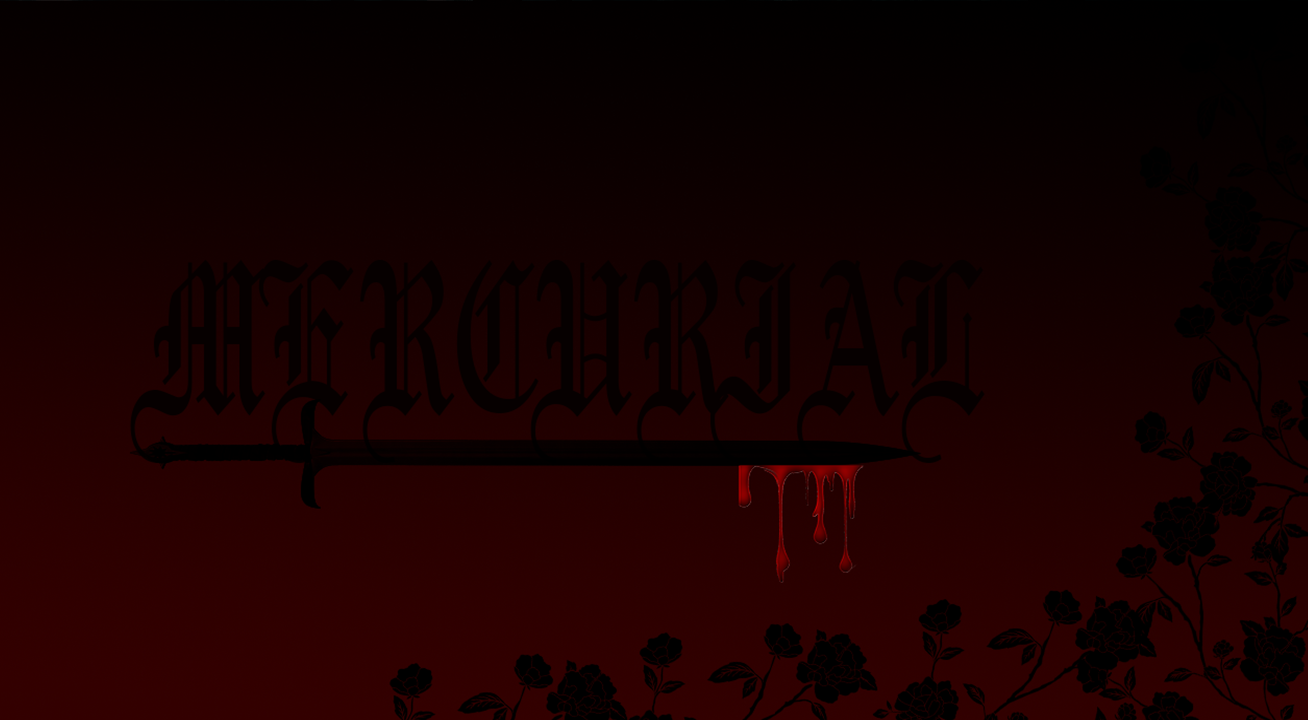Mercurial Demo Mac OS
Whether you’re a new web developer or a veteran code junkie, you need a code editor robust enough to handle everything you can throw at it. In fact, that might just be the most important part of your toolset. Since this is an ongoing search for most everyone the field, we wanted to give lay out some of. The following is a comparison of version-control software.The following tables include general and technical information on notable version control and software configuration management (SCM) software. Do the following to create your repository: From Bitbucket, click the + icon in the global sidebar and select Repository.Bitbucket displays the Create a new repository page.Take some time to review the dialog's contents. With the exception of the Repository type, everything you enter on this page you can later change. Enter BitbucketStationSupplies for the Name field. Hugin-2020.0.0 released 2020-12-12 Hugin is more than just a panorama stitcher Hugin-2019.2.0 released 2019-12-30 Hugin is more than just a panorama stitcher Hugin-2019.0.0 released 2019-04-06. The OpenJDK Community is the place to collaborate on open-source implementations of the Java Platform, Standard Edition, and related projects. It was created in November 2006, when initial portions of the JDK source code were published under the GPLv2 license.
- Mercurial Demo Mac Os 11
- Mercurial Demo Mac Os Catalina
- Mercurial Demo Mac Os Download
- Mercurial Demo Mac Os X
Development Repositories
- Main
- The main development repository of the Mercurial maintainer Matt Mackall can be found at https://www.mercurial-scm.org/repo/hg.
- Committers
- The development repository of the Mercurial core contributors can be found at https://www.mercurial-scm.org/repo/hg-committed/.
See Developer Repositories on the wiki for a full list.
Requirements
Mercurial Demo Mac Os 11
- Python
- Mercurial uses Python (version 2.7). Most ready-to-run Mercurial distributions include Python or use the Python that comes with your operating system.
Mercurial Demo Mac Os Catalina

Mercurial Demo Mac Os Download
Older Releases
- Python versions
- For more information about version support, see Supported Python Versions on the wiki.
- Python 2.6
- Mercurial 4.2.3 is the last release to support Python 2.6. Use this if you need to run Mercurial on old platforms and you cannot update your Python installation.
- Python 2.5
- Mercurial 3.4.2 is the last release to support Python 2.5. Use this if you need to run Mercurial on very old platforms and you cannot update your Python installation.
- Python 2.4
- Mercurial 3.4.2 is the last release to support Python 2.4. Use this if you need to run Mercurial on very old platforms and you cannot update your Python installation.
- Python 2.3
- Mercurial 1.2.1 is the last release to support Python 2.3. Use this if you need to run Mercurial on very old platforms and you cannot update your Python installation.
- Older source releases
- All previous source releases are available to download.
Get started
Mercurial is written in Python with platform independence in mind. As a result, Mercurial is available on Microsoft Windows, GNU/Linux, Mac OS X, Solaris 11 Express and others. You can either download a binary package for the system of your choice or build it from sources.
Windows users are likely to enjoy the TortoiseHg GUI the most. It integrates Mercurial directly into your explorer.
Mercurial Demo Mac Os X
Packages for common Linux, BSD and Solaris distributions can be installed from the system specific repositories:
(Ubuntu: If you need a more recent version than what is available through apt-get, you can try the PPA.)